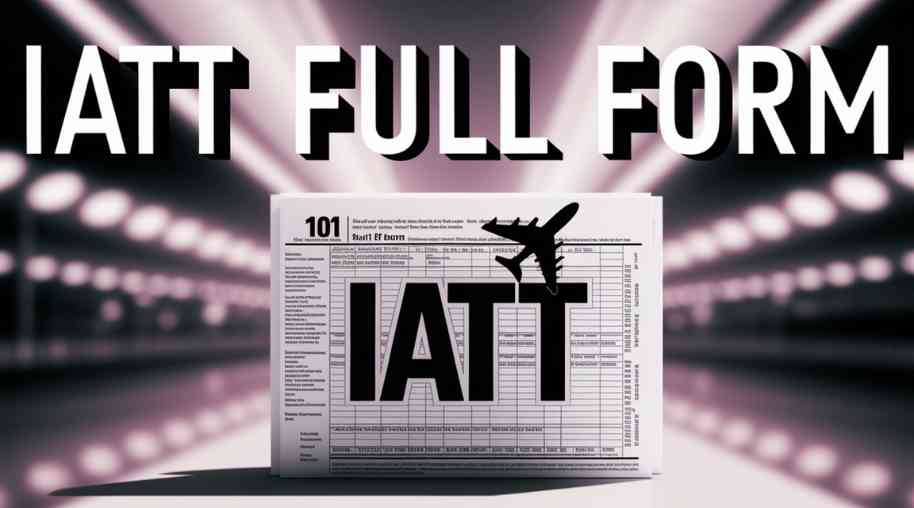SSS Full Form-Securities Settlement System
by Shashi Gaherwar
0 2583
Securities Settlement System (SSS): Mechanism, Benefits, and Role in Financial Markets
The Securities Settlement System (SSS) is a critical component of the financial market infrastructure, ensuring the smooth transfer of securities and funds between buyers and sellers. It plays a key role in mitigating settlement risks, improving market liquidity, and maintaining financial stability.

This article explores the mechanism, benefits, challenges, and future developments of the Securities Settlement System and its significance in global financial markets.
What is a Securities Settlement System (SSS)?
A Securities Settlement System (SSS) is a financial infrastructure that facilitates the transfer of securities after a trade is executed. It ensures transactions are completed efficiently, accurately, and securely, reducing counterparty risk and enhancing market stability.
Key Functions of an SSS
SSSs perform essential functions:
- Trade Confirmation and Clearing: Verifies and confirms trade details between counterparties.
- Settlement of Securities Transactions: Ensures delivery of securities and corresponding payment.
- Custody and Record Keeping: Maintains ownership records and provides safekeeping of securities.
- Risk Management: Reduces counterparty risk through mechanisms like Delivery versus Payment (DvP).
How the Securities Settlement System Works
The SSS process involves:
- Trade Execution: Investors trade securities via stock exchanges or over-the-counter (OTC) markets.
- Trade Clearing: Clearinghouses verify trade details and calculate obligations.
- Trade Settlement: Securities and payments are exchanged using the DvP model for security.
- Record Maintenance: The Central Securities Depository (CSD) updates ownership records.
Types of Securities Settlement Systems
SSSs vary in structure:
- Centralized Securities Settlement Systems: Operated by CSDs for national or regional services.
- Decentralized Settlement Systems: Blockchain-based, enabling peer-to-peer settlements.
- Real-Time Gross Settlement (RTGS) Systems: Immediate, gross-basis settlements to reduce default risk.
- Net Settlement Systems: Aggregates and settles transactions in batches at intervals.
Benefits of a Securities Settlement System
SSSs offer significant advantages:
- Risk Reduction: Ensures trades finalize only when securities and payments are available.
- Improved Market Efficiency: Fast, reliable transactions boost market liquidity.
- Transparency and Security: Automated, regulated processes reduce fraud and enhance investor confidence.
- Cost Reduction: Efficient mechanisms lower transaction costs.
- Regulatory Compliance: Adheres to international financial standards.
Challenges in Securities Settlement Systems
SSSs face certain challenges:
- Counterparty Risks: Risk of failure to deliver securities or payment.
- Operational Risks: System failures, cyber threats, or inefficiencies.
- Cross-Border Settlement Complexity: Regulatory and currency conversion differences complicate international transactions.
- High Infrastructure Costs: Significant investment in technology and security measures.
Future Developments in Securities Settlement Systems
SSSs are evolving with technology:
- Blockchain and Distributed Ledger Technology (DLT): Enables real-time, transparent, and secure settlements.
- Tokenization of Securities: Digitizes assets to improve trading and settlement efficiency.
- Enhanced Cybersecurity Measures: Strengthens protection against cyber threats.
- Cross-Border Collaboration: Develops global networks for seamless international transactions.
The Securities Settlement System (SSS) is essential for the smooth functioning of financial markets. By providing secure, efficient, and transparent trade settlements, SSSs contribute to financial stability and investor confidence. While challenges like operational risks and regulatory complexities persist, advancements in blockchain, tokenization, and global standardization are set to revolutionize SSSs. As financial markets evolve, SSSs will remain a cornerstone of modern financial infrastructure.
Further Learning Resources
If you’re passionate about building a successful blogging website, check out this helpful guide at Coding Tag – How to Start a Successful Blog. It offers practical steps and expert tips to kickstart your blogging journey!
For dedicated UPSC exam preparation, we highly recommend visiting www.iasmania.com. It offers well-structured resources, current affairs, and subject-wise notes tailored specifically for aspirants. Start your journey today!

Share:









Comments
Waiting for your comments